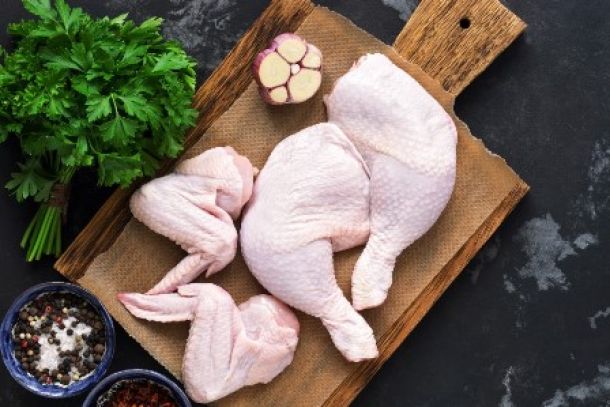Some maize meal prices jump by almost 30%, while bread market remains 'cut-throat'
August’s consumer inflation numbers, released on Wednesday, showed a steep rise in the prices of bread and cereal category, which increased by 8.6% from a year ago. This was the biggest annual jump since February 2017.
It pushed food inflation to 3.8% - the highest level in 18 months – and contributed to a higher-than-expected CPI rate of 4.3%.
Statistics SA reports that special (super-fine) maize prices jumped by 27.5% in the year to August while super grade maize meal increased 17.7%.
Comparing current prices at Makro, a 12.5kg bag of ACE maize meal increased by R76.95 to R87.95 from November last year, while First Value maize meal rose to R51.95 to R66.95 – an increase of 29%.
But maize meal prices still remain far below levels reached in 2016 and 2017, when maize prices rocketed during a long drought.
The most recent increase in bread and cereals prices reflect the higher commodities prices, particularly white and yellow maize, says Wandile Sihlobo, chief economist of the Agricultural Business Chamber of South Africa (Agbiz). “This is because of the poor yields that we saw this year on the back of drought in the central and western parts of South Africa." The local maize harvest, estimated at 11 million tonnes, is 12% smaller than a year ago.
“Be that as it may, we are not in crisis. SA has sufficient maize for its annual use and will have a million tonnes for export markets. This is supplemented by the stocks of 2.8 million tonnes from the previous season.”
However, he warns that prices though could remain somewhat elevated for some time, as demand from Zimbabwe and Mozambique could drive prices higher.
On Wednesday, Bloomberg reported that Zimbabwe agreed to buy 150,000 tons of South African maize after a tender five times that size failed, leaving the country short of maize. A drought and floods from a cyclone halved the size of Zimbabwe’s maize crop this year.
Bread prices
Data from the SA Chamber of Baking shows that 700g white bread prices are 5.94% higher in August than in the same month last year. Brown bread prices rose by 7.77%.
Imported wheat is priced in US dollar and the volatile and weak rand impacts on bread prices, says Geoffrey Penny, executive director at SA Chamber of Baking. South Africa continues to import around 50% of its wheat.
However, he says that the price of bread has remained relatively flat over the past three years – the white bread price rose by only 1% on average a year – as bakers are struggling to increase prices.
“This is due to cut-throat competition brought about largely by surplus baking capacity and smaller bakers who find it easy to enter (and depart) from the industry."
He said supermarkets are also using bread as a loss-leader. "There is always a special on bread in any supermarket with white bread 700 gram loaves selling for as little as R10.99."
“Competition is healthy. But it can also be destructive and lead to closures, rationalisation and loss of jobs. The industry is nearing this phase of competition, which in the long run is of no benefit to the miller, consumers and other participants in the wheat-to-bread value chain.”
While the sharp spike in maize meal prices convinced more consumers to eat bread, maize prices have fallen considerably over the past two years, and many South Africans have switched back.
News Category
- International retailers
- On the move
- Awards and achievements
- Legislation
- Wine and liquor
- Africa
- Going green
- Supplier news
- Research tools
- Retailer trading results
- Supply chain
- Innovation and technology
- Economic factors
- Crime and security
- Store Openings
- Marketing and Promotions
- Social Responsibility
- Brand Press Office
Related Articles

South Africans to expect big petrol price cuts

Confirmed: Petrol, diesel price cuts on Wednesday

SA poultry industry calls for targeted chicken ...

Empowering South African households through gro...


